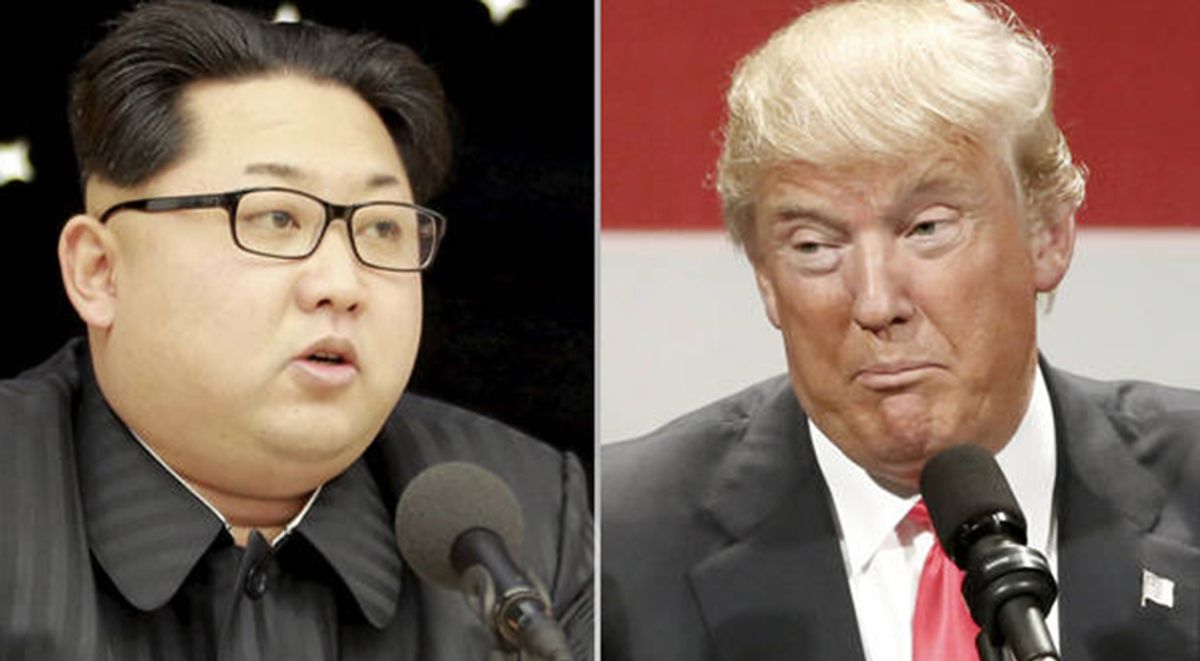When Japan launched a surprise attack against Hawaii in 1941, the bombing triggered America's involvement in World War II. Seventy-six years later, the state is now bracing for another potential surprise attack from an Asian power — this time, one that could involve nuclear weapons.
Hawaii is engaged in a proactive campaign to help its residents prepare for a possible nuclear attack from North Korea, according to the Los Angeles Times. This has included airing TV commercials letting Hawaiians know to "get inside, stay inside" in the event that bomb drops, hosting town hall meetings between state officials and concerned residents and preparing a nuclear attack warning siren to go off on Dec. 1.
"We are talking about 50,000 to 120,000 trauma and burn causalities together with nearly 18,000 fatalities," Vern Miyagi, the administrator of the Hawaii Emergency Management Agency, told Hawaiians recently during a meeting at a Department of Defense office in Honolulu.
That said, there are experts in Hawaii who wish to downplay the threat posed by North Korea.
"Right now we consider the threat to be very unlikely. But it doesn’t matter. If North Korea uses an intercontinental ballistic missile, from launch to impact in Hawaii is approximately 20 minutes," Lt. Col. Charles Anthony, a spokesman for the Hawaii state Department of Defense, told the Los Angeles Times. He speculated that residents would receive a warning of 12 to 15 minutes.
In addition to Hawaii, there are also concerns that a North Korean nuclear missile could attack Guam. After North Korea launched a missile over Japan in August, their state media declared that it was "the first step of the military operation of the (North Korean military) in the Pacific and a meaningful prelude to containing Guam," according to CNN.
Last month, North Korea repeated its threat in response to what it described as "reckless moves" by the United States. "We have already warned several times that we will take counteractions for self-defense, including a salvo of missiles into waters near the US territory of Guam," Kim Kwang Hak, a researcher at the Institute for American Studies of the North Korean Foreign Ministry, declared at the time.



Shares